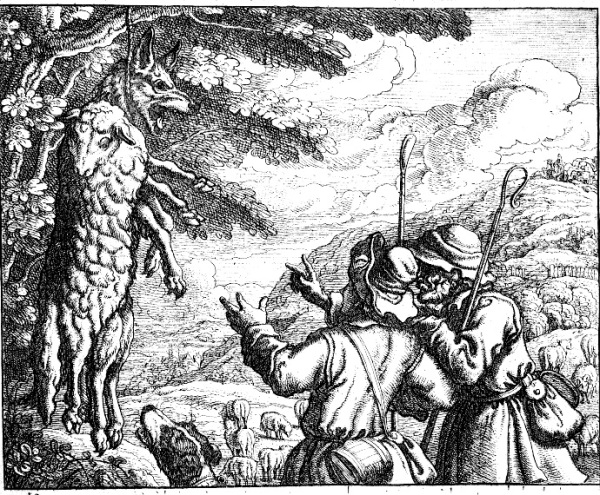What better allegory than the Native Americans’ to describe Orwell’s “double speak” or the semantic violence of those who steal the discourse of the opposite view to increase their appeal amongst those who normally would not agree with or vote for them? The wolves in sheep’s clothing, (and why do we have so many ways to describe this?). Such is the case of UKIP, the right wing party that has just won a by-election in the UK (Rochester) on a highly populist ticket and extreme views about immigration.
According to Own Jones, from The Guardian: “Polls suggest they [the people who voted for this party] support renationalising rail and energy and want higher taxes for the rich and an increased minimum wage. According to research by the academic Matthew Goodwin, 81% of Ukip supporters believe “big business takes advantage of ordinary people”; a slim majority want the government to redistribute income; and they overwhelmingly agree “there is one law for the rich and one for the poor”.
“These are beliefs soaked in leftwing populism; and yet those who subscribe to them have flocked in droves to a party of the hard right. Ukip’s leaders now defiantly, unapologetically present themselves as a people’s insurgency against a contemptuous establishment.
“The radical tradition, which has stood and spoken for the working class, has found a new home in Ukip,” declared the triumphant Mark Reckless, claiming – with no little chutzpah – to stand in the tradition of the Levellers, Chartists and the suffragettes. Here are movements that defied the powerful and attempted to build a more equitable order. And yet Ukip is led by a privately educated ex-City broker; one of their two privately educated ex-Tory MPs worked in the City, the other in asset management; and they are bankrolled by ex-Tory multimillionaires.”
The politics of fear spreads around Europe winning space for the hard right, at the same time that the less visible extreme neoliberal agenda they enact increases the oppressive load on the very people who put them into power. It is only in the countries where the crisis has reached truly dramatic levels that the first signs of a more thoughtful reaction from ordinary people can be seen. Podemos in Spain and Syriza in Greece seem to be some of the few popular parties arising from social movements protesting against the crisis-induced draconian austerity imposed by their Governments (but planned by the reigning plutocracy).
What trumps fear? Hope does. But hope can only arise with clear images of a better future. And this is lacking, partly because only economic markers, rather than human well being, are used to define “a better future”, and partly because mainstream Media, with some very welcome exceptions, stick to the Thatcher mantra “there is no alternative” and fail to inform the population about the very many alternatives to this system that exist today.
There is no alternative but to embrace the alternative of a more humanised society. Otherwise the Dark Ages will look like a Christmas tree if we do not wake up soon.










